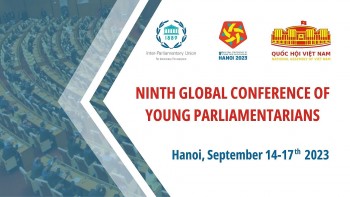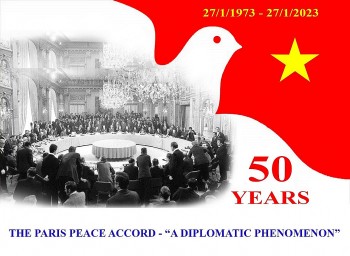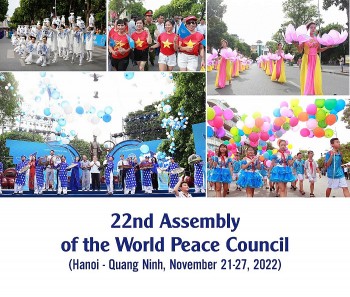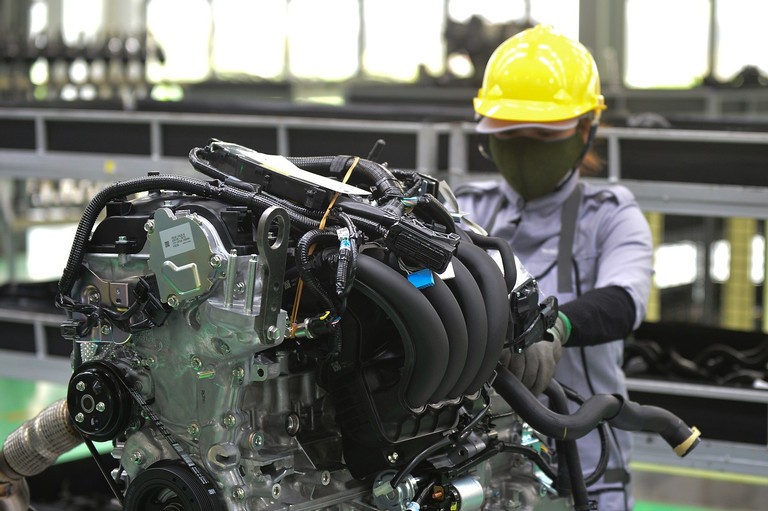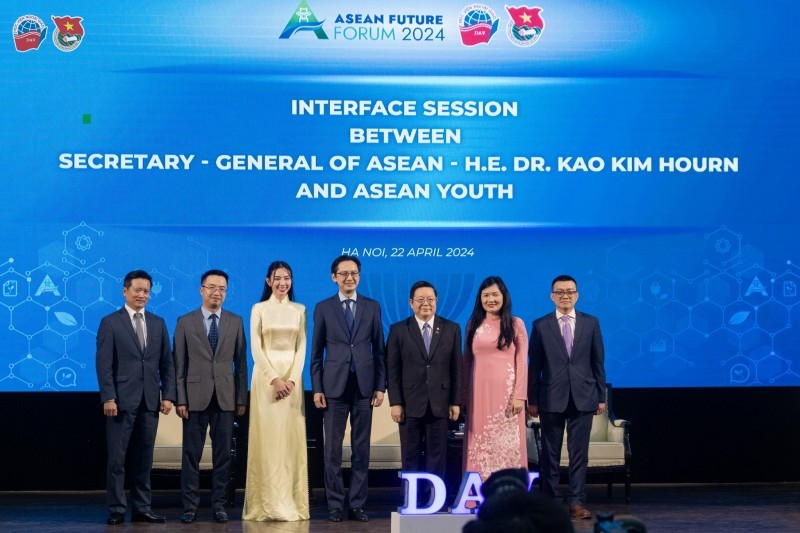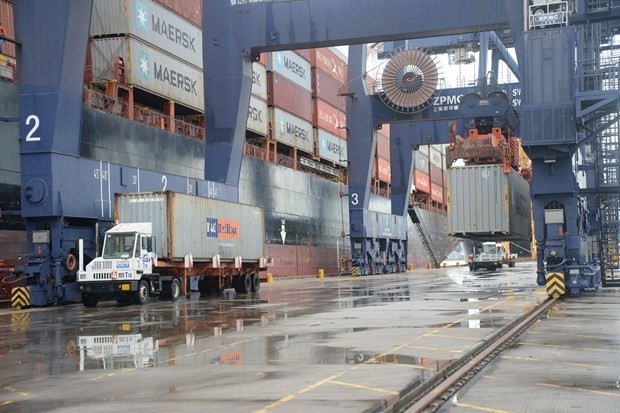ASEAN must rise to meet current challenges and bring benefit to the people: Diplomats
Leaders from the Association of Southeast Asian Nations (ASEAN) must rise to current challenges face by Southeast Asia to ensure that the regional bloc remain relevant and do more to bring benefit to the millions living in the region.
These views were shared by Southeast Asia’s senior diplomats in a special TV documentary produced by Channel NewsAsia to mark ASEAN’s 50th anniversary on Tuesday (August 8th).
Southeast Asia has often been described as the most multi-civilisational region in the world, with a wide variety of ethnic and religious groups making up its 630-million population.
But as ASEAN celebrates its 50th anniversary, it seems that it is the 10 governments - more than the people in the region - which are proud of this landmark achievement.
Kishore Mahbubani, Dean of the Lee Kuan Yew School of Public Policy, suggested that the Nobel Peace Prize committee should recognise that ASEAN deserves the Nobel Peace Prize.
“Because when that peace prize comes, it will awaken a sense of pride among the man in the street for ASEAN,” he said.
“The next big job for ASEAN is to get the people of ASEAN to be equally proud of ASEAN as the ASEAN governments are."
The European Union was awarded the Nobel Peace Prize in 2012 for contributing to the advancement of peace and reconciliation, democracy and human rights in Europe for more than 60 years.
ASEAN is deemed to have delivered on the political and security fronts since its inception in 1967 – starting with handling the threat of communism at its doorstep.
But former and present diplomats argue the bloc must continue to step up to the plate as new challenges emerge in the region.
 |
National flags of ASEAN member states (Source: Internet)
CHALLENGES MUST BE TACKLED
“ASEAN must demonstrate its relevance,” said Marty Natalegawa, who was Indonesia’s foreign minister under President Susilo Bambang Yudhoyono. “On the Rohingya issue; the threat of terrorism; and on the situation in Marawi. ASEAN must have its script.”
Its solidarity is also being severely tested as China – the bloc’s biggest trading partner – asserts its influence on ASEAN’s inpidual member states as shown in the disputes in the South China Sea.
“We are a family,” said Ong Keng Yong, who was ASEAN’s Secretary-General from 2003 to 2007. “Of course there would be arguments among brothers and sisters. But we will never walk away from the family.”
ASEAN's policy of non-interference has served it well over the last 50 years - helping it build consensus on even the most contentious of issues.
But former Thai foreign minister Surin Pitsuwan said the bloc needs to continuously evolve in order to stay relevant.
“Are we going to survive the next wave of challenges into the future or are we going to be caught here and not go any further?” he said. “And the people definitely are going to ask, ‘Why can’t we go higher than this?’”
Dr. Surin, who served as ASEAN’s Secretary-General from 2008 to 2012, also urged the 10-member grouping to bring tangible benefits to the people in Southeast Asia.
“If you talk to economic experts, they would say that 80 to 90 per cent of all the agreements that are necessary to create an economic community are all done,” he said. “The problem lies in their implementation.”
For one, the business community has been knocking on ASEAN's doors since the launch of the ASEAN Economic Community in 2015.
"It is not moving as fast as businesses like and a lot businesses say this is all talk, nothing is going to happen," said Robert Yap from the ASEAN Business Advisory Council.
“But my personal take and advice for businesses is, it is happening. Maybe it is not happening at the pace that they expect, but it is happening.”
VNF/CNA
Most read
Recommended
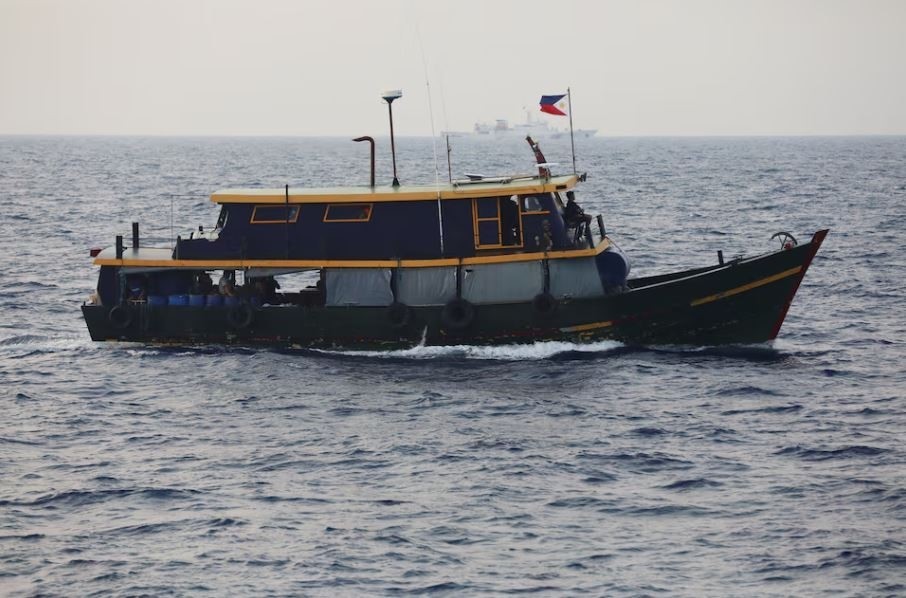 World
World
China frustrated over joint naval and air drills in the Indo-Pacific region
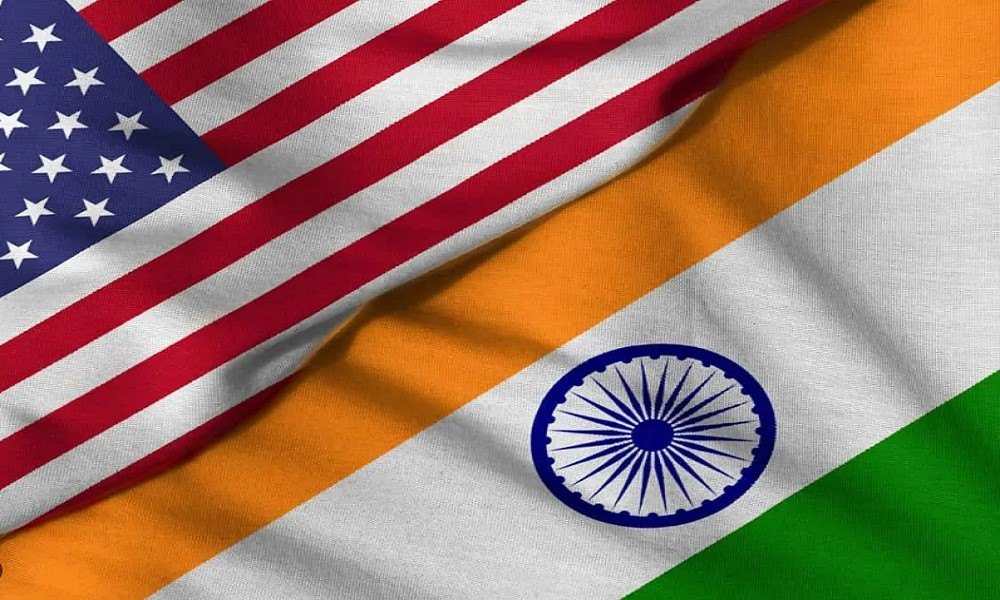 World
World
Washington-New Delhi Strategic Partnership Continues To Grow: US Envoy Says ‘If You Want To See The Future, Come To India’
 World
World
Discover The Unique Whipped Coffees Around The World
 World
World
China called out for destructing coral reefs in South China Sea
Popular article
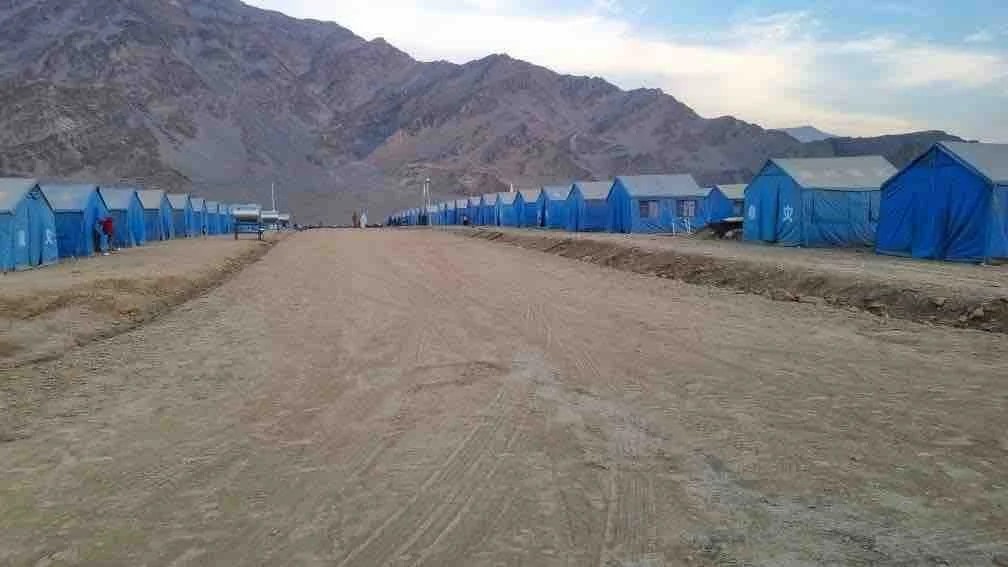 World
World
Mass Afghan Deportation from Pakistan: A Brewing Crisis for Regional Stability and Development
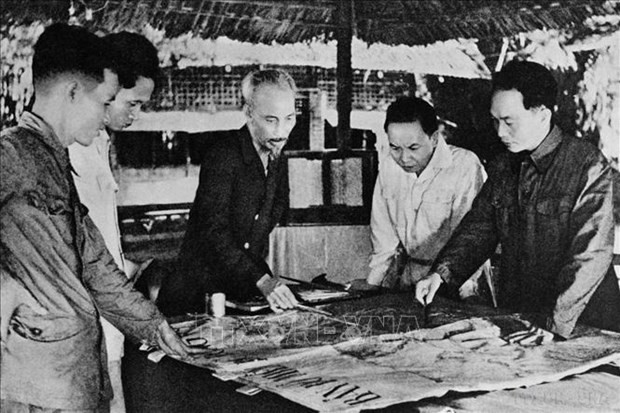 Viet's Home
Viet's Home
Values of Vietnam's Dien Bien Phu Victory Spotlighted
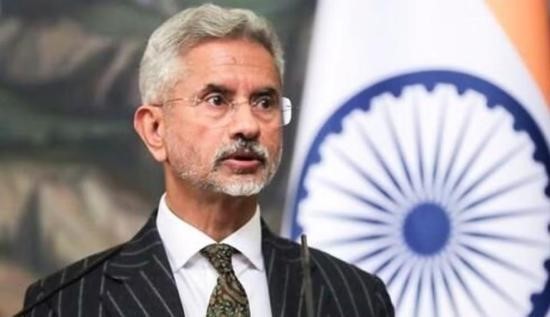 World
World
S. Jaishankar bolsters strategic collaborations across Singapore, Malaysia and Philippines
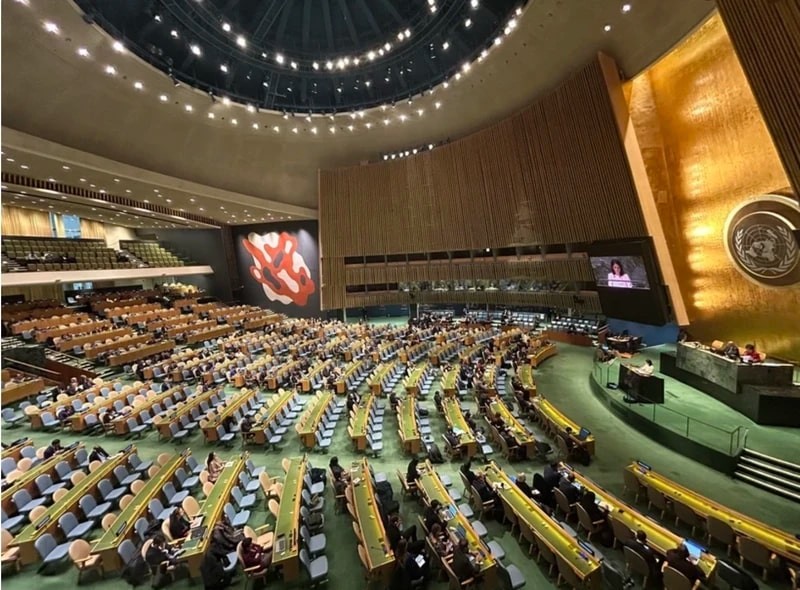 World
World

